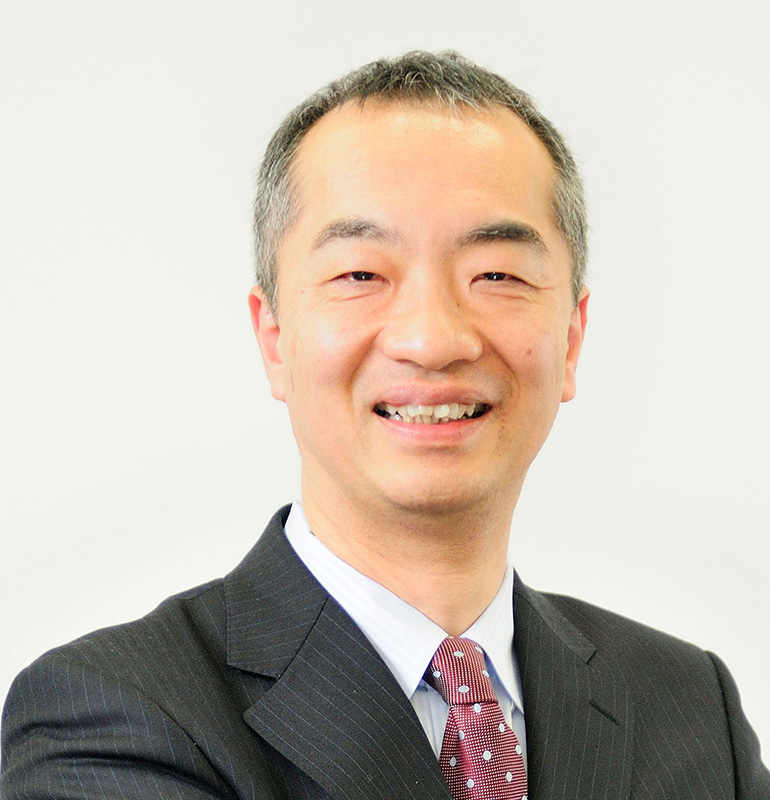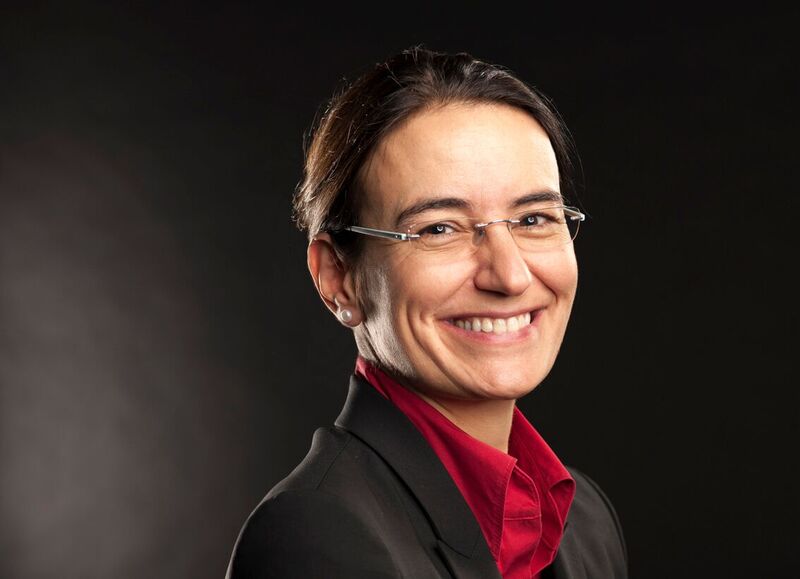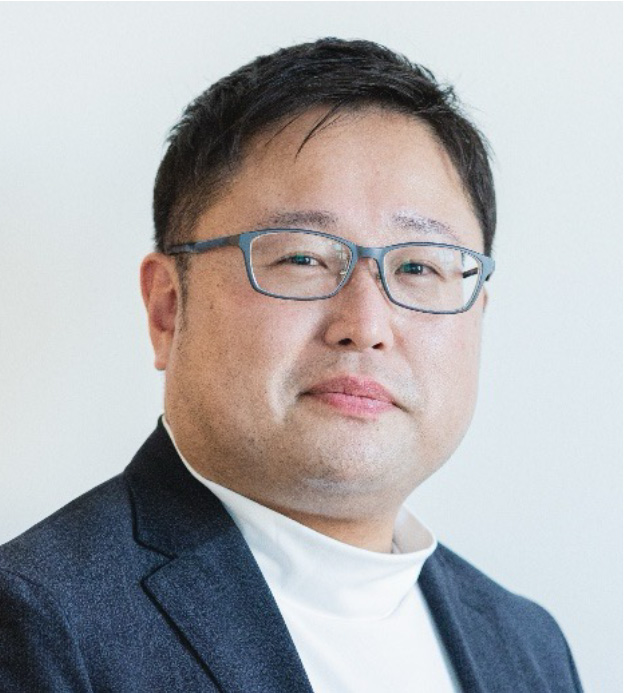Plenary Speakers
Plenary Speaker - Day 1 (March 11)
“Building a Circular Economy through Polymer Innovation: Technical Achievements and System Integration in Japan”
Prof. Kohzo Ito
Department of Advanced Materials Science, The University of Tokyo
Abstract
Polymers have been developed and widely adopted as alternatives to metals and inorganic materials across diverse industrial sectors, including automotive, aerospace, electronics and electrical engineering, construction, information technology, food, and healthcare. In recent years, however, growing concerns over global environmental conservation have required that material development also address CO2 reduction and the realization of a resource-circulating society. At the same time, marine pollution caused by microplastics has drawn worldwide attention, further underscoring the need for stronger global commitments to environmental protection. Against this backdrop, the development of technologies that enable a circular economy—enhancing industrial competitiveness while minimizing environmental impact throughout the entire supply chain—has become a pressing priority. Equally important are accelerated efforts to shape consumer behavior and ensure compliance with international regulations, particularly those emerging from Europe. This presentation will highlight the outcomes of two national projects currently being advanced through industry–academia–government collaboration: the Cross-ministerial Strategic Innovation Promotion Program (SIP) and the Moonshot R&D Program.

Plenary Speakers - Day 2 (March 12)
“Circular Factory for the Perpetual Innovative Product”
Prof. Gisela Lanza
Institute of Production Science, Karlsruhe Institute of Technology
Abstract
New, innovative economic systems are needed to decouple resource consumption from prosperity. The traditional linear “take-make-use-dispose” approach is not sustainable in the long term, and political framework conditions are also making sustainable and circular production patterns increasingly unavoidable. In our Collaborative Research Centre 1574 “Circular Factory”, we are pursuing the goal of enabling integrated production that combines linear and circular processes on an industrial scale. The aim is to systematically transfer used products into current product generations - a key step towards the vision of the “perpetual innovative product”. In order to implement this transformation, far-reaching interdisciplinary issues need to be resolved, including in the areas of production technology, product development, materials technology, ergonomics, robotics, IT and knowledge modelling. The keynote will provide insights into these challenges and show ways in which the production of the future can be designed to be sustainable and competitive.

“Achieving the maximization of resource lifecycle value through Circular Economy Innovation”
Dr. Shinichi Taniguchi
General Manager, Production Engineering and MONOZUKURI Innovation Center, R&D group, Hitachi, Ltd.
Abstract
We examine the urgent need to transition from a linear to a circular economy to address global environmental challenges such as climate change and resource depletion. This presentation highlights the role of circular economy innovations in maximizing resource lifecycle value, emphasizing strategies such as life cycle design, upcycling technologies, and the integration of digital tools to enhance transparency and efficiency. The study presents real-world use cases and discusses the importance of balancing environmental and economic factors, sustainable product design, and regulatory frameworks to achieve resilient and sustainable resource management.

